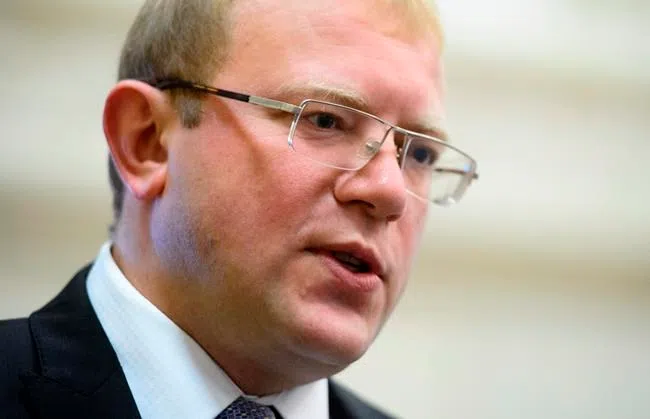
Canada to send hundreds of observers to Ukraine presidential election
OTTAWA — Canada is planning to send hundreds of election observers to Ukraine to prevent Russian meddling in its March 2019 presidential elections, The Canadian Press has learned.
Government officials, speaking on the condition of anonymity, say as many as 500 monitors could be sent in missions run by the Organization for Security and Co-operation in Europe as well as a separate mission organized between Ukraine and Canada.
Foreign Affairs Minister Chrystia Freeland and International Development Minister Marie-Claude Bibeau announced a $24-million contribution on Thursday to support electoral reforms, gender equality and inclusive governance in Ukraine.
Ukraine’s ambassador to Canada told The Canadian Press recently that his country is convinced it will face Russian interference in the upcoming presidential ballot.
